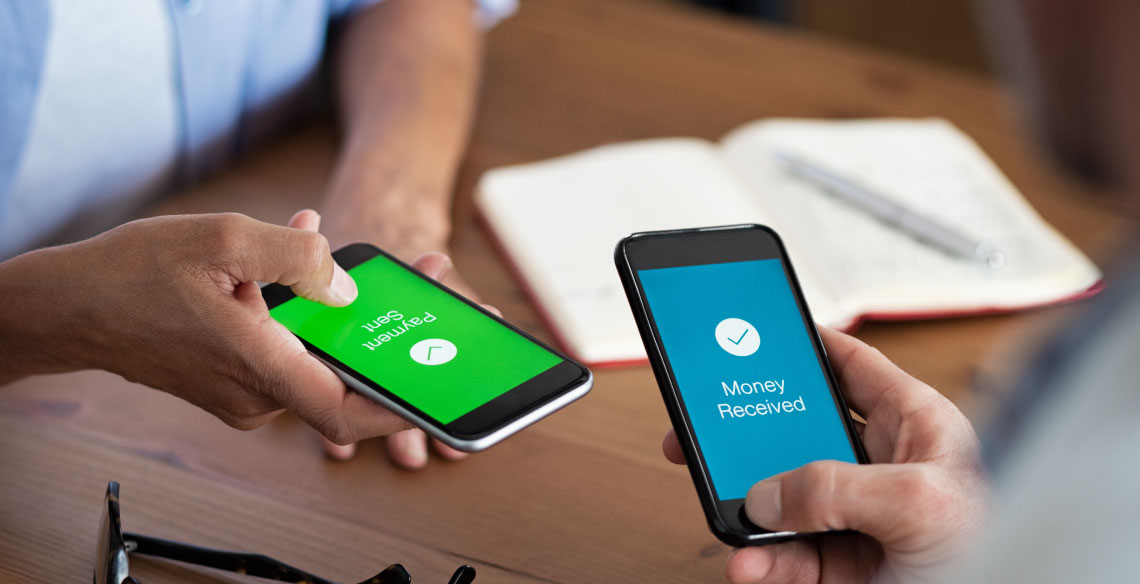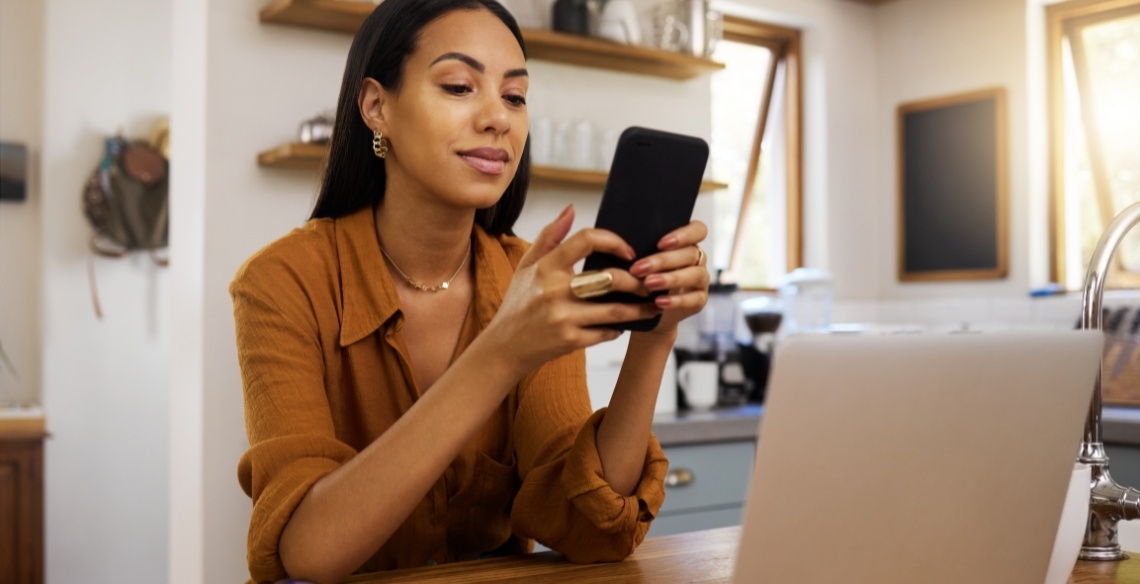Today, cash transfer apps like Venmo, Square’s Cash App and PayPal are making it easier than ever to transfer money – in just a few swipes you can quickly transfer funds to a friend, split a lunch tab or pay for an item you bought online.
But, as convenient as these peer-to-peer (P2P) payment services are, scams are on the rise. If you get scammed or have an issue like sending a payment to the wrong person or sending the wrong amount, there’s little to no protection.
The most common scams usually trick someone into believing they are making a purchase for something in an online ad, like pet scams, but once they transfer the money – the scammer has their money and cannot be contacted.
Another recent scam involves a fake number for Cash App customer support that displays when a customer searches for a direct number for Cash App support. When the customer calls, the scammer gets them to download a screen sharing app that will give them access to the caller’s phone so they can “help” the caller, but the scammer ends up stealing the caller’s personal information and funds.
If something goes wrong with a P2P payment, who is responsible for covering the loss?
Lots of users mistakenly think fraud protection will apply for transactions tied to their Visa card or that their financial institution is responsible if a P2P payment goes sideways.
P2P money transfers are considered “cash” transactions and while they may be linked to your bank account or credit card – do not come with the same protection.
P2P providers' terms of service vary and there is less protection against fraud. Most services will offer their assistance to law enforcement agencies and notify users if they’ve been scammed, but that’s usually the extent of their fraud protection.
Never use a P2P service for business purposes or for a money transfer with someone you don’t personally know.
If you choose to use your P2P payment service for a business-related transfer, fraud protection is limited even further.
P2P services were created to be a means of transferring funds from friend to friend – and most services clearly state in their policies that their platforms should not be used in business transactions.
Many consumers, though, choose to ignore these warnings and use Venmo and Square Cash to pay for goods they’ve bought on sites like Craigslist or to sell a used item or even to accept funds for a service they’ve provided.
If something goes wrong with a P2P payment, you’ll be the one who is responsible for the fallout.
While your financial institution never wants to see you lose money for a simple mistake or because you’ve been victimized by a scam, there’s not much they can do about it after the fact. For this very reason, we strongly advocate practicing caution when transferring money online or by app.
Protecting yourself
You can keep your money safe and still enjoy the convenience of cash-transfer apps with these simple steps:
- Only send money to people you know and trust.
- Never use a P2P service for business-related transactions.
- Carefully read the terms and conditions of a P2P service before using.
- Always choose two-factor identification and use a PIN when possible. If your app and phone allows, choose fingerprint recognition and/or touch ID for added protection.
- When using Venmo, adjust your privacy settings and opt-out of public tracking.
- Accept any security updates offered by the P2P app you use.
- Check your recipient’s information carefully before completing a money transfer.
- Choose to be notified about every transaction.
- Link an external account instead of keeping your funds in the P2P account.
Your Turn: How has a P2P payment system worked out for you? Tell us about it in the comments, below.



